Emergency Water Project Reaches 2,000 Drought-Affected People in Ethiopia's Afar Region
GEWANE, AFAR REGION, ETHIOPIA – A critical emergency water trucking operation is providing a lifeline to thousands of vulnerable communities grappling with severe drought in Ethiopia's Afar Region.
The initiative, implemented by the Rohi Weddu Pastoral Women Development Association and supported by the German donor GFFO/KNH, delivers clean, safe drinking water daily to 2,000 internally displaced persons (IDPs) and host community members in Gewane district. The region has been devastated by the combined effects of climate-induced drought and conflict, which have decimated water sources and pastoral livelihoods.
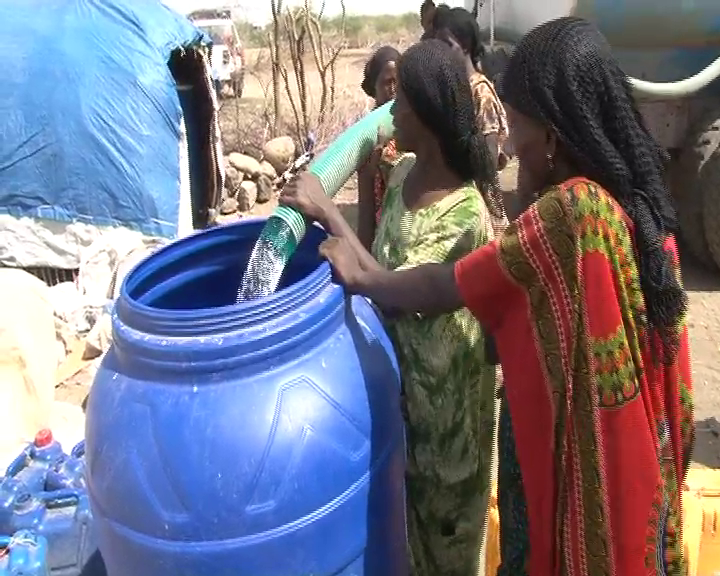
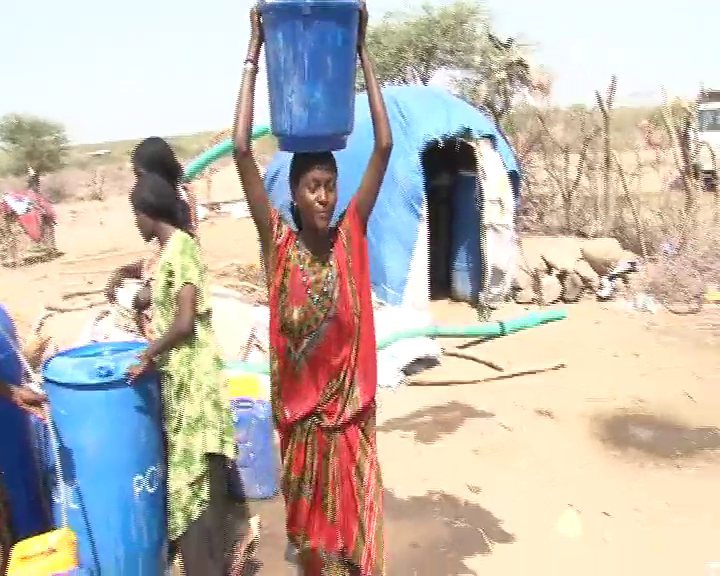
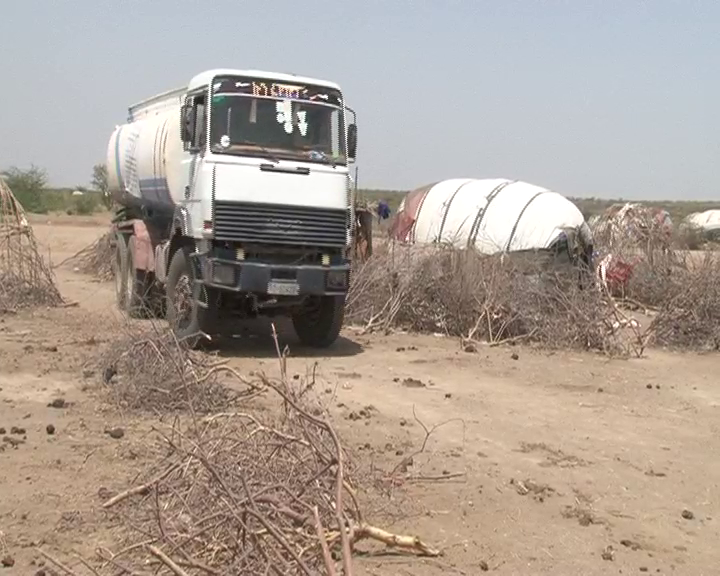
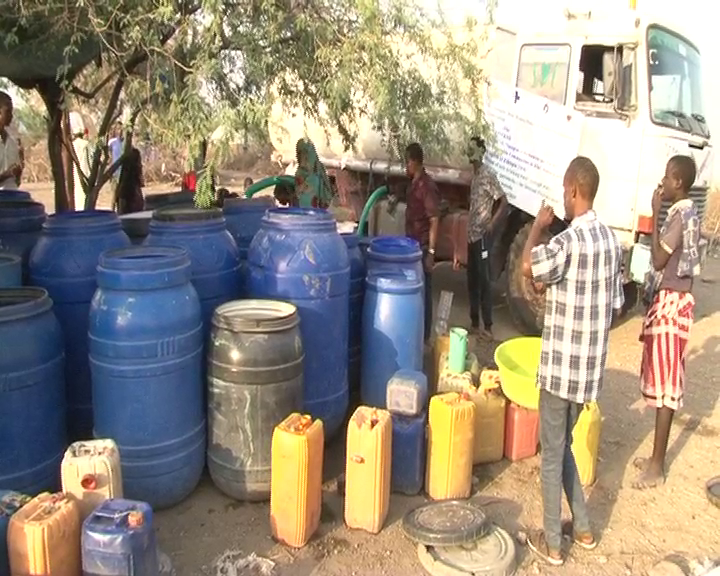
Over the past month alone, the project has successfully trucked over 5.8 million liters of water to 13 remote kebeles (villages). Each person receives a minimum of 15 liters per day, meeting international humanitarian standards for emergency water provision.
“This intervention is about more than just water; it is about dignity, health, and survival,” said a project manager for Rohi Weddu. “For communities who have lost everything, reliable access to clean water is the first step toward resilience.”
The operation deploys a fleet of five water trucks, which source tested and treated water from boreholes outside the drought-affected zone. The water is regularly chlorinated and tested at multiple points to ensure its safety, preventing the outbreak of waterborne diseases in already weakened populations.
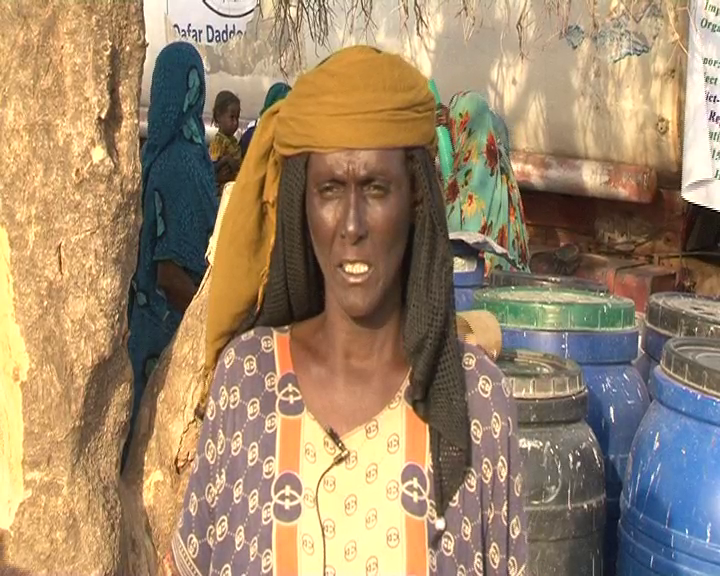
The water distribution is part of a larger integrated humanitarian aid project led by JeCCDO, which also provides vital nutrition support to 1,600 malnourished children and pregnant and lactating women in the area.
Despite facing significant challenges, including inaccessible roads and extreme temperatures, the project has maintained a consistent delivery schedule. Community water committees, with significant representation from women, help manage the distribution points to ensure equitable and safe access for all beneficiaries.
The ongoing intervention underscores the critical need for sustained humanitarian support in the Horn of Africa, where communities on the frontlines of the climate crisis face increasingly frequent and severe droughts.